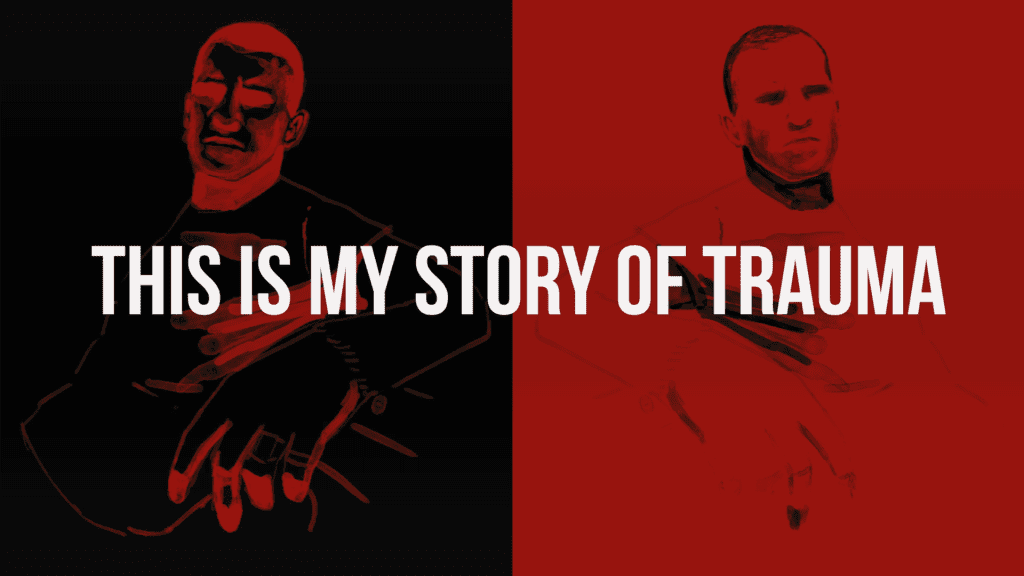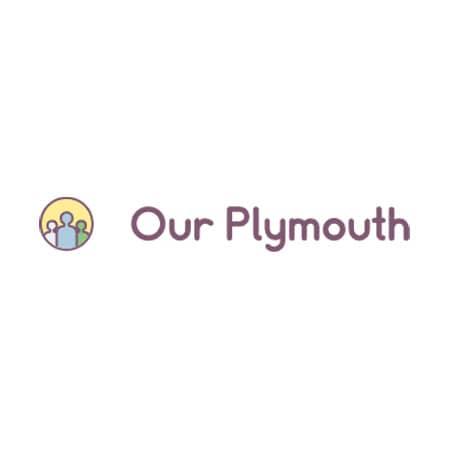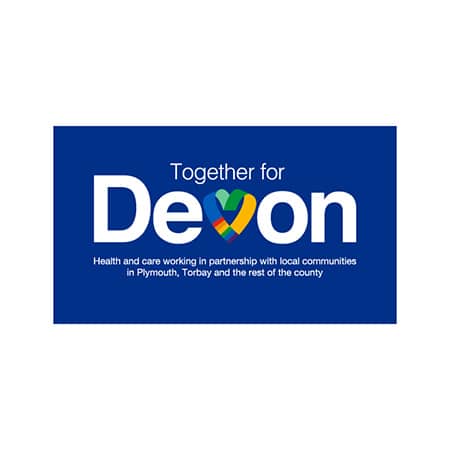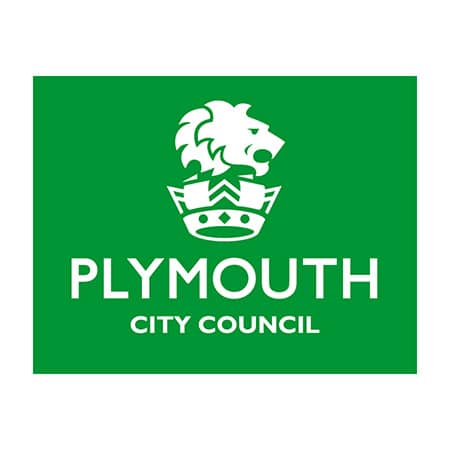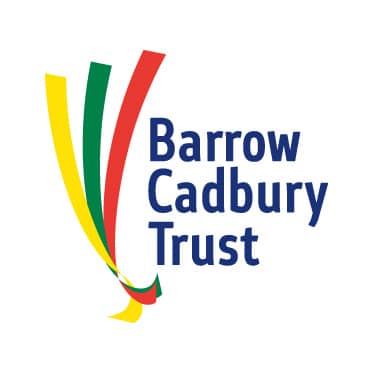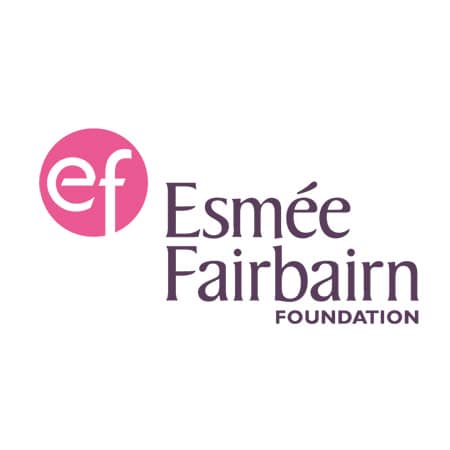Collaborators
- Viewhear CIC
- Operation Emotion
- Trauma Informed Network Plymouth
Describe your aims & ideas
This partnership will tackle issues around trauma, how this affects people and the associated myths surrounding different types of trauma. It will also encourage people to talk more openly about their experiences and come forward to seek the help that they need. We want to reach people from all walks of life to talk openly about their experiences. These people could be young people who have early developmental trauma or grown men who were sexually abused. We want to tackle challenging subject matters and get people talking and listening to promote a greater understanding about the effects of trauma. We see this as an opportunity for people to learn and share. We will do this by developing a series of engaging films that openly talk about different forms of trauma and how this affects people. We want to challenge myths and stereotypes that cause significant hurt to people and ultimately stop people from fulfilling their potential. We believe this is important because, even in 2022, we still struggle with talking about trauma. We live in a society where we ask what is wrong with people, not what happened to people. We live in a world where if you break the rules at school you are deemed naughty and disruptive, with often no understanding of what is perhaps behind this. If you are male who was sexually abused due to male gender stereotyping you are often discouraged from talking about past traumas. Through conversation and education this can be changed and people’s lives can improve. We see the power of film as a great way to achieve this.
Describe how you will work together to achieve this
We are working together as two organisations who use film to tell people’s stories. Stories that are not fashionable and are often overlooked in mainstream society. Our third member is the Trauma Informed Network who exist to get people talking about the challenges trauma has on people. Viewhear CIC is a social enterprise media company, primarily producing high quality impact / promotion films for charities, community groups and small businesses. They deliver a high quality video production service that is different, they use their profits to support communities and give them a voice. Our social mission is to give a voice to the voiceless. Their role is to provide video production services to support the creation of the films during this project. Operation Emotion is a Plymouth based charity that provides services for adult male survivors of sexual abuse, linking with specialist organisations where appropriate. They never ask what is wrong with someone but instead what happened to them. They help men to come to terms with their own experiences and play an active role in helping other men who have been similarly affected by sexual abuse. Like Viewhear, their role is to provide video production services to support the creation of the films during this project. The Trauma Informed Plymouth Network is an open membership group that welcomes any person, professional, or community representative who wishes to join us in developing Plymouth as a trauma informed city. Their role in this project is to support the distribution of films and help with content development and contacts for further consultation that will support the film creation process. We have not worked together before, but we are confident that with the many years of experience we have between us, that we can produce high quality productions that will have a positive impact. We see Viewhear and Operation Emotion working closely together to share equipment, skills and know how. We believe that working with the network will help us to explore further ideas and content to support the production of the films. The network will also be critical to help distribute the final films.
During the first round, POP members will be asked to advise you. What advice would be
most helpful?
I think the most helpful advice we could receive would be support in identifying whether we are telling the right kind of stories in the right kind of way. This could be from people who have lived experience, those that support people who have lived experience in a professional way, and family and friends of those that have experience of trauma. Stories from those that experience secondary trauma are not often told. That could be a potential area to explore. We would use our extensive networks to help identify what people feel would be most interesting in terms of subject matter. We could do this using various forms of research including; group discussion, individual meetings, and perhaps a survey. We know we cannot cover everything in one project, but we hope that through some positive engagement we can get a sense of what might be at the forefront of people’s minds at this point in time. The Pop Collectives process would really help us achieve this and we would welcome any advice and support from our community

